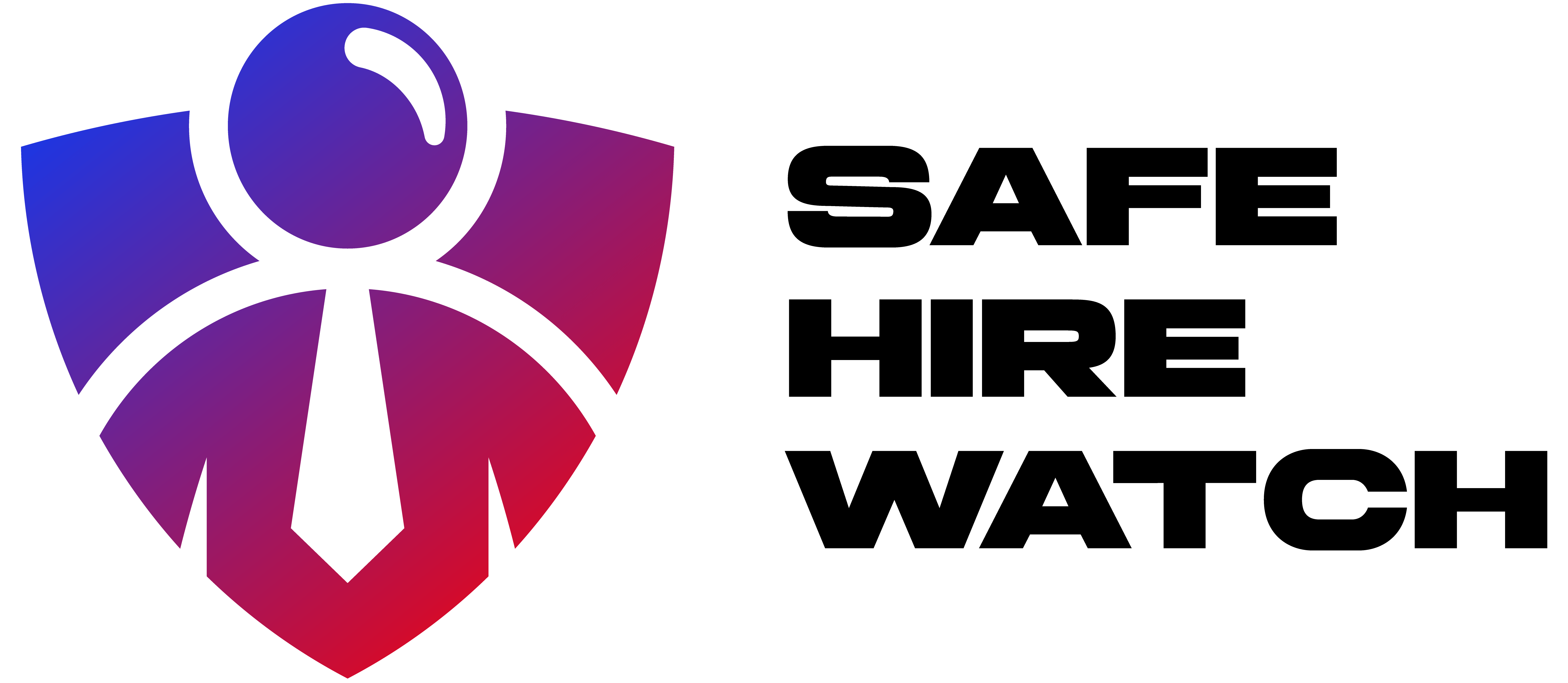In recent months, a growing number of companies have adopted stringent policies addressing minor workplace infractions, sparking debates about fairness, morale, and the role of HR in fostering a positive work environment. While these measures are often implemented to maintain professionalism and productivity, their impact on employees—particularly young professionals—raises important questions about workplace culture.
The Shift Toward Stricter Policies
In industries ranging from tech to retail, companies have ramped up enforcement of seemingly small infractions, such as:
- Tardiness: Strict adherence to clock-in times, even for remote workers.
- Dress Code Violations: Penalizing employees for not complying with updated dress standards.
- Personal Device Use: Prohibiting non-work-related device usage during office hours.
These crackdowns often stem from efforts to enhance productivity, reinforce company values, and address post-pandemic concerns about declining workplace discipline.
Young Professionals and Workplace Infractions
For young employees entering their first jobs, these policies can feel particularly daunting. A recent study by Gallup found that 52% of employees under 30 believe that overly strict rules hinder creativity and collaboration. Key challenges include:
- Lack of Clear Communication: Many young professionals struggle with understanding company policies if they are not explicitly outlined or regularly updated.
- Perception of Overreach: Minor infractions being treated as major issues can create a sense of mistrust and resentment among employees.
- Adaptation to Corporate Culture: Young workers transitioning from casual academic environments may need time to adjust to corporate expectations.
Case Studies of Corporate Crackdowns
- The Retail Giant’s Approach
A leading retail chain recently faced backlash for its zero-tolerance policy on tardiness, resulting in multiple terminations. Employees argued that the company failed to account for external factors, such as unreliable public transportation. - Tech Startups and Device Policies
Some tech companies now monitor employee devices to curb personal use during work hours. While the goal is to boost focus, this has raised concerns about privacy and micromanagement.
Balancing Enforcement with Empathy
While enforcing workplace policies is important, overly rigid approaches can backfire by:
- Lowering Morale: Employees may feel demoralized if they perceive enforcement as punitive rather than constructive.
- Increasing Turnover: Strict rules may push talented individuals to seek more flexible workplaces.
- Damaging Employer Branding: News of harsh policies can deter potential recruits.
HR’s Role in Navigating Policy Enforcement
Human Resources teams play a crucial role in balancing enforcement with empathy. Key strategies include:
- Transparent Communication: Clearly outline policies and their rationale, ensuring employees understand expectations.
- Proactive Training: Offer onboarding sessions to familiarize young professionals with workplace norms.
- Feedback Mechanisms: Encourage employees to voice concerns about policies and incorporate their feedback into revisions.
Conclusion
As companies grapple with maintaining discipline while fostering positive environments, HR professionals must strike a balance between enforcing rules and supporting employee well-being. For young professionals, understanding and navigating workplace policies is essential to their success. Meanwhile, organizations that prioritize empathy and transparency in policy enforcement are more likely to attract and retain top talent.






